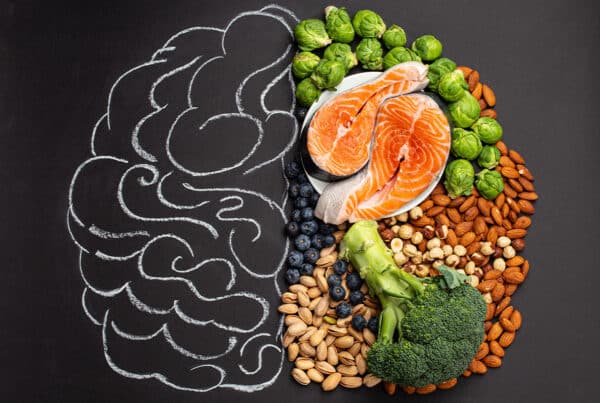Ideally, you’ve already had conversations with your child as they’ve ventured through middle school and high school about the dangers of substance abuse – things such as alcohol, marijuana and cigarettes. However, as your child inches closer to adulthood, the tone of the conversation needs to shift from enforcement to helping your child understand how the scope of their decisions impacts their future. Remember to make it feel like a conversation, not a lecture. Your child needs to know that if any problems or difficult situations arise regarding alcohol or drugs, they can turn to you as a valuable resource.
Alcohol is the most commonly abused drug in the United States, and it’s important to point out the short- and long-term effects. Approximately 17.6 million people – or one in every 12 adults – suffer from alcohol abuse or dependence, with several million more engaging in binge drinking that could lead to alcohol problems such as addiction. Research from the National Institute on Alcohol Abuse and Alcoholism (NIAAA) shows us that early use of substances like alcohol, marijuana and cigarettes is associated with higher rates of dependence on substances in adults.
Many college students also experiment with marijuana. Teenagers and young adults are particularly vulnerable to the effects of marijuana because their rapidly growing and maturing brains are more susceptible to injury from the drug. Marijuana lowers IQ, decreases motivation to excel and achieve goals and strips users of their drive to be successful and competitive. Explaining to your child that marijuana can cause brain damage and academic underperformance may deter them from experimenting with the drug.
Not everyone realizes that that the teenage years are the most important time for brain development after infancy. Evidence suggests that heavy exposure to alcohol and marijuana can cause cognitive deficits, including memory problems. The part of the brain that is involved in processing social and emotional information develops early in adolescents. However, the part of the brain which involves judgment, impulse control and abstract thought isn’t fully shaped until a person’s late 20s.
Besides injuring the brain, excessive use of alcohol or binge drinking can put your college-aged child in vulnerable situations. Researchers have estimated the following rates and prevalence of alcohol-related problems involving college students between the ages of 18 and 24:
· Death: 1,825 students die each year from unintentional alcohol-related incidents.
· Assault: More than 690,000 students are assaulted by another student who has been drinking.
· Sexual Abuse: More than 97,000 students are victims of alcohol-related sexual assault or date rape.
· Injury: 599,000 students receive unintentional injuries while under the influence of alcohol.
· Academic Problems: About 25% of college students report academic consequences of their drinking including missing class, falling behind, doing poorly on exams or papers, and receiving lower grades overall.
· Health Problems/Suicide Attempts: More than 150,000 students develop an alcohol-related health problem and between 1.2% and 1.5% of students indicate that they tried to commit suicide within the past year due to drinking or drug use.
All of the above can dramatically impact a college student’s life. If you suspect that your child may have a problem with alcohol or drug abuse or addiction, it’s important to seek the help of medical professionals equipped with the latest tools and assessments to determine the next steps.
Treating a Chronic Disease
At Enterhealth Ranch and Enterhealth Outpatient Center of Excellence, we treat alcohol and drug addiction as a medical condition – a chronic brain disease – beginning with a complete medical and psychological assessment. In order to determine the most important areas of clinical concern, each assessment includes personality and neurocognitive testing, a psychiatric diagnostic evaluation, an addiction severity assessment and an addiction-related quality of life assessment. Through these assessments, we are able to identify areas of the brain that have sustained injury due to alcohol or drug abuse.
Addiction is a chronic disease, and while it can be controlled, it’s important to recognize that it cannot be cured. Enterhealth, which has inpatient and outpatient addiction treatment services, offers a medically-based approach to alcohol addiction treatment. A dedicated team of medical experts works with each patient on an individual basis to develop a treatment plan unique to that particular person. The approach is truly innovative and far different from traditional 12-step programs.



